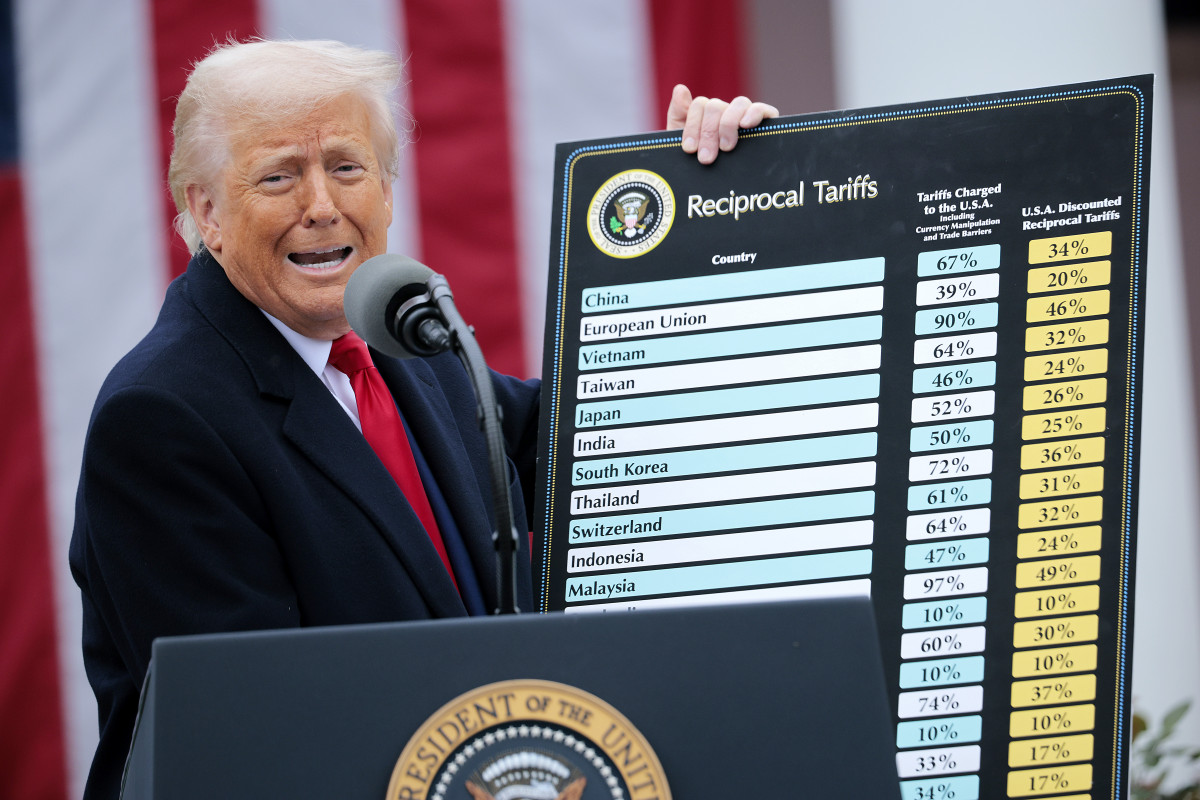U.S. manufacturers are raising alarms that President Trump’s ongoing trade war is negatively affecting production, weakening the dollar that on Monday, June 2, 2025, approached its lowest value against the British pound in nearly three years.
The U.S. dollar experienced a new wave of selling pressure after the release of the Institute for Supply Management’s (ISM) manufacturing survey.
This revealed a third consecutive monthly decline in industrial output, The Guardian reports.
The ISM Purchasing Managers’ Index dropped to 48.5% in May, falling below the critical 50% threshold, which signals contraction in the sector.
Manufacturers participating in the survey pointed to Trump’s inconsistent tariff policies as a major source of disruption and economic strain.
One paper producer highlighted that ongoing uncertainty surrounding tariffs was reducing profitability and impeding service operations.
“An unresolved trade deal with China will result in empty shelves at retail for many do-it-yourself and professional goods,” the company warned.
A chemical producer echoed this sentiment, noting that “most suppliers are passing through tariffs at full value to us.”
These observations underscore the difficulties many U.S. companies face as they struggle to adapt to rapidly changing trade policies.
The unpredictable back-and-forth has left businesses uncertain about future pricing, sourcing, and supply chain planning.
Following the release of the disappointing manufacturing data, the dollar fell to $1.3542 against the British pound.
This is nearing its lowest level since late May three years ago.
It also dropped approximately 0.5% against a broader index of global currencies, indicating wider concerns among investors.
Worries about the broader economic impact of Trump’s aggressive trade policies intensified over the weekend.
These come after the president announced a dramatic increase in tariffs on imported steel, from 25% to 50%.
In addition, Trump claimed that China had “violated” the terms of a 90-day truce that had temporarily de-escalated the trade war.
Last month, as part of a temporary agreement between the two countries, tariffs on Chinese exports were reduced from 145% to 30% for a 90-day negotiation period.
However, Trump has not specified how China allegedly broke the agreement, leaving markets uncertain about whether the truce will hold.
Adding to the confusion, the legal status of Trump’s so-called “reciprocal” tariffs on multiple countries remains in question.
A U.S. court ruled last week that Trump may have exceeded his legal authority in imposing certain tariffs.
Although the White House is actively challenging that decision.
Since Trump’s major tariff escalation, dubbed the “liberation day” blitz in April, the dollar has been under continuous pressure.
The volatile trade environment has created serious headwinds for American exporters and importers alike, impacting both profitability and market stability.
Meanwhile, yields on U.S. Treasury bonds have been climbing, a possible indication of investor unease about the government’s long-term fiscal position.
Rising yields can reflect concerns about the government’s ability to manage its debt.
This is especially when combined with expansionary fiscal policies.
On Sunday, Treasury Secretary Scott Bessent attempted to reassure the public and markets.
He asserted that the U.S. would “never default” on its financial obligations.
This statement came in response to growing skepticism surrounding Trump’s ambitious economic plans, which include major tax cuts featured in his so-called “big, beautiful” budget bill.
“We are on the warning track and we will never hit the wall,” Bessent said during an interview with CBS.
He thus downplayed remarks from JP Morgan Chase CEO Jamie Dimon, who warned that U.S. bond markets could face serious strain due to ballooning national debt levels.
The combination of shrinking manufacturing activity, investor wariness, and legal challenges to Trump’s trade policies has created a climate of uncertainty.
As U.S. companies struggle to navigate the ongoing disruptions.
As the dollar continues to weaken, concerns are growing over the long-term consequences of Trump’s protectionist strategy on the American economy and its global standing.







